On October 3, 2006, the five member National Labor Relations Board (NLRB) ruled by a 3 to 2 vote to ‘clarify’ the definition of a ‘supervisor’ to favor employers and oppose employees. The vote had three Bush appointees supporting the definition of a new class of worker and two Clinton appointees dissenting. (As dissenters, would Bush consider them traitors too?)
The issue involves the current board’s interpretation of certain phrases in Section 2 (11) of the National Labor Relations Act (NLRA), which defines a “supervisor”.
In Section 2(3) of the NLRA it states that a supervisor is excluded from the definition of the term “employee.” In Section 1, it states that, “Experience has proved that protection by law of the right of employees to organize and bargain collectively ….” In other words, anyone classified as a supervisor is not an employee and can’t join a union.
Here is section 2(11) with the phrases being ‘clarified’ by the NLRB highlighted in bold.
The term “supervisor†means any individual having authority, in the interest of the employer, to hire, transfer, suspend, lay off, recall, promote, discharge, assign, reward, or discipline other employees, or responsibly to direct them, or to adjust their grievances, or effectively to recommend such action, if in connection with the foregoing the exercise of such authority is not of a merely routine or clerical nature, but requires the use of independent judgment.
According to one report on this NLRB decision, “The board’s ruling essentially enables employers to make a supervisor out of any worker who has the authority to assign or direct another and uses independent judgment. They ruled that any worker can be classified as a supervisor if he or she spends as little as 10-15% of his or her time overseeing the work of others. Under current Federal labor laws, supervisors are prohibited from forming unions. The ruling could deny up to 8 million workers the right to choose union representation.”
According to the above report, the NLRB accomplished this through the following clarifications for the phrases highlighted above:
Assign – the act of “designating an employee to a place (such as a location, department, or wing), appointing an individual to a time (such as a shift or overtime period), or giving significant overall duties, i.e. tasks, to an employee.†Further, to “assign†for purposes of the Act, “refers to the . . . designation of significant overall duties to an employee, not to the . . . ad hoc instruction that the employee perform a discrete task.â€
Responsibly to direct – “If a person on the shop floor has men under him, and if that person decides what job shall be undertaken next or who shall do it, that person is a supervisor, provided that the direction is both ‘responsible’ . . . and carried out with independent judgment.†The Board held that the element of “responsible†direction involved a finding of accountability, so that it must be shown that the “employer delegated to the putative supervisor the authority to direct the work and the authority to take corrective action, if necessary†and that “there is a prospect of adverse consequences for the putative supervisor†arising from his/her direction of other employees.
Independent judgement – The Board defined the statutory term “independent judgment†in relation to two concepts. First, to be independent, the judgment exercised must not be effectively controlled by another authority. Thus, where a judgment is dictated or controlled by detailed instructions or regulations, the judgment would not be found to be sufficiently “independent†under the Act. The Board further found that the degree of discretion exercised must rise above the “routine or clerical†in order to constitute “independent judgment†under the Act.
NLRB Members:
- Chairman Robert J. Battista,
- Member Wilma B. Liebman,
- Member Peter C. Schaumber,
- Member Peter N. Kirsanow,
- Member Dennis P. Walsh,
- General Counsel:Â Ronald E. Meisburg



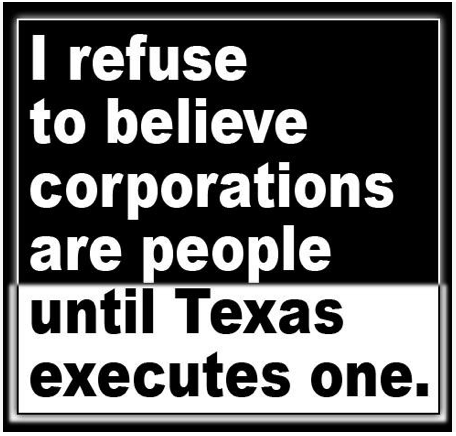
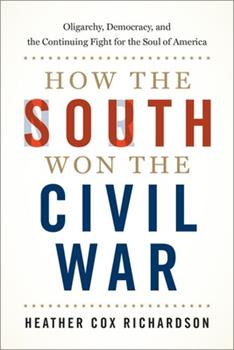
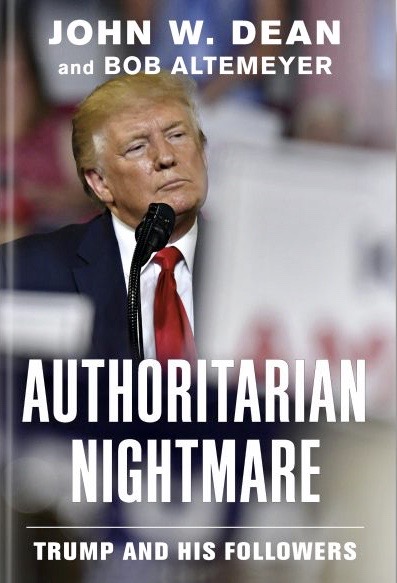
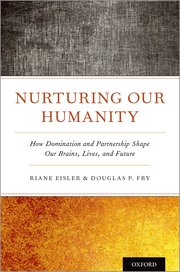
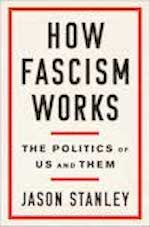
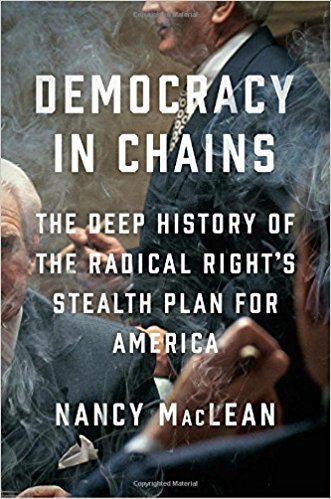
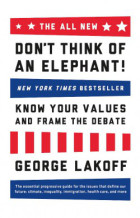
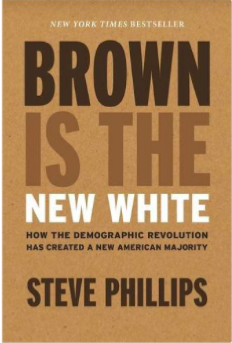

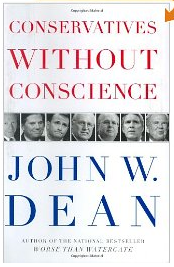
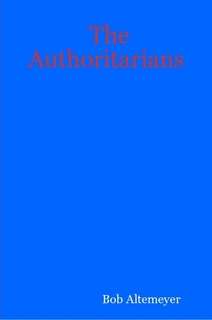
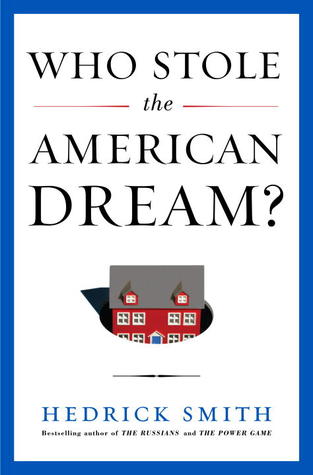
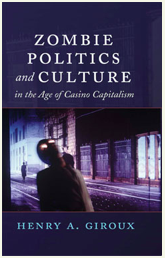
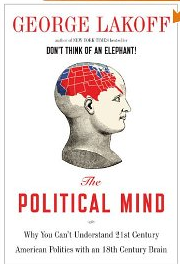
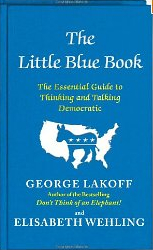
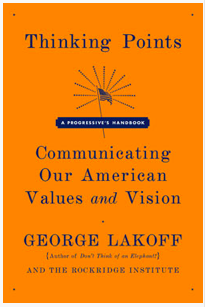
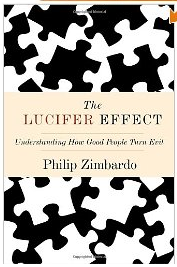
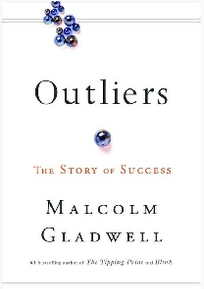
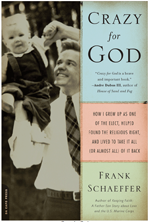
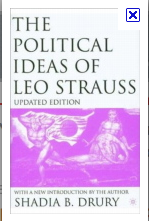




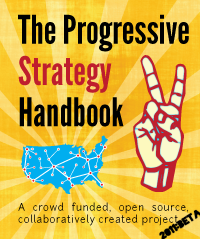


Pingback: The WAWG Blog » October 2006, WAWG Index - Down 29%